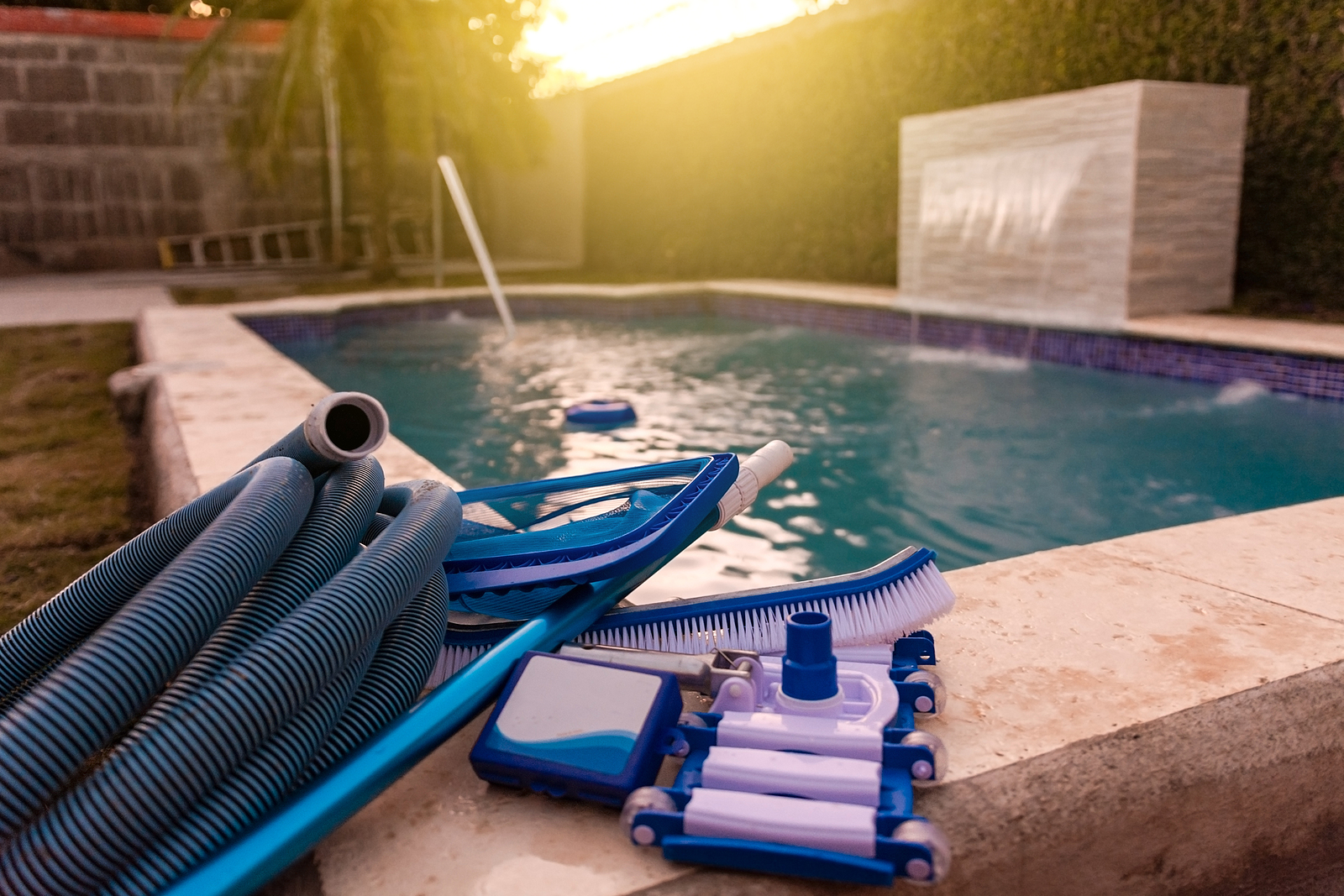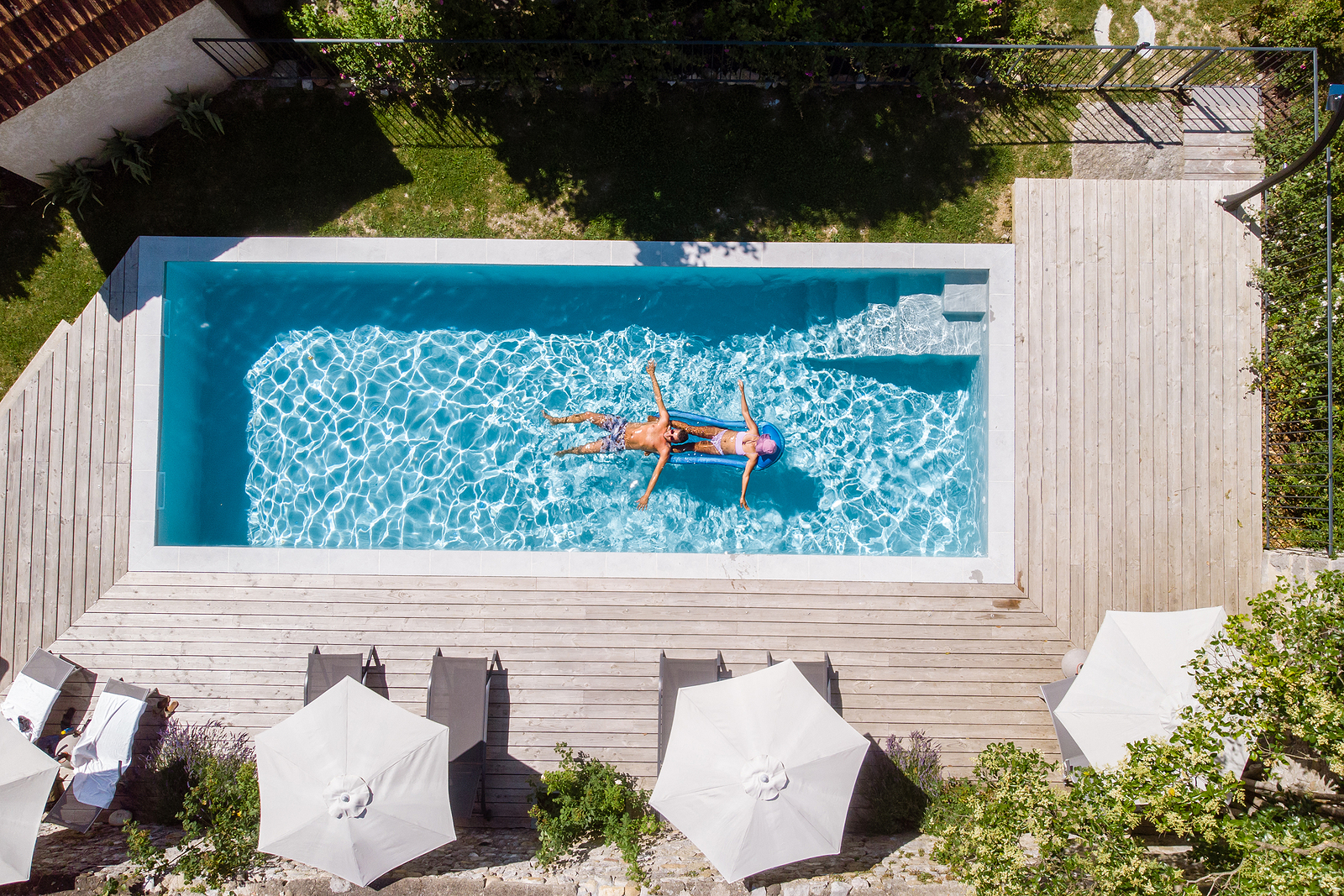Purchasing a high-end property with private amenities is an exciting opportunity to elevate your lifestyle. These luxurious homes often come with features such as private pools, home theaters, and custom-designed spaces, offering comfort and exclusivity. However, buying a luxury home requires careful consideration beyond just the beauty of the property. Here’s what to look for when investing in a high-end home with private amenities to ensure you make the best decision.
Quality and Craftsmanship
The foundation of any luxury property lies in its construction and craftsmanship. High-end homes should boast top-notch materials and impeccable finishes that justify the premium price tag. Pay attention to details such as the quality of the flooring, cabinetry, fixtures, and built-in appliances. These elements can give you insight into whether the home was designed with care and precision.

It’s also worth investigating the builders or architects behind the property. Luxury homes are often designed by renowned professionals, and their reputation can add significant value to the home. Ask about the materials used in construction, as well as any warranties or guarantees that come with the property.
Private Amenities and Their Functionality
One of the key draws of high-end properties is the range of private amenities they offer. These can range from sprawling outdoor spaces with custom pools and tennis courts to state-of-the-art home gyms, theaters, or wine cellars. While these amenities can certainly enhance your lifestyle, it’s important to consider their functionality and maintenance.
When viewing the property, assess the condition of these amenities. For example, does the pool have a modern filtration system, and is it energy-efficient? Is the home theater equipped with the latest technology? If the home has a gym, are the machines and equipment in good working order? Ensure that the amenities are not just showpieces, but practical and well-maintained.
Additionally, think about whether the amenities align with your lifestyle. It’s easy to be dazzled by a private tennis court, but will you use it regularly? Prioritize amenities that will enhance your day-to-day living rather than just impressive features that may go unused.
Privacy and Security
Privacy is often a top priority for buyers of high-end homes. Many luxury properties are located in gated communities or secluded areas to offer residents a peaceful retreat from the outside world. When buying a home with private amenities, assess the level of privacy the property offers. Are there any nearby homes or developments that could impact your seclusion?

Security features are another key aspect to consider. High-end properties often come with advanced security systems, including gated entrances, surveillance cameras, and smart home technology. These features are important for peace of mind, especially in a home with high-value assets and private amenities. Ensure the property has a robust security system in place and check if it’s up-to-date with modern technology.
Location and Surrounding Area
No matter how impressive a home is, location remains a critical factor in determining its value. When purchasing a luxury property, take into account its proximity to important amenities such as high-end restaurants, shopping, airports, and entertainment options. A desirable location can enhance your lifestyle and ensure that your investment holds its value over time.
Additionally, consider the neighborhood and the surrounding area. Is the home located in a well-established luxury community? Are the surrounding homes well-maintained and of similar value? The surrounding environment plays a significant role in your property’s future appreciation, so it’s important to evaluate both the location and the community standards.
Maintenance Costs and Upkeep
Luxury homes with private amenities often come with higher maintenance costs. Pools, spas, extensive landscaping, and custom features require regular upkeep, and these expenses can add up quickly. Before committing to a purchase, make sure you understand the ongoing costs associated with maintaining the property.
Ask the current owners or real estate agent about the costs of utilities, maintenance services, and any specialized equipment needed for the home’s amenities. If the home has extensive outdoor features, consider whether you’ll need to hire full-time landscaping or pool services. Having a clear understanding of these costs upfront will help you budget appropriately and avoid surprises.
Resale Value and Market Trends
When investing in a high-end property, it’s important to consider its resale potential. While luxury homes are designed for comfort and enjoyment, market conditions can change, and you’ll want to ensure that your investment retains its value. Look at current market trends for high-end properties in the area, as well as the historical appreciation of similar homes.
Work with a knowledgeable real estate agent who specializes in luxury properties to get insights into the market and understand the home’s long-term value. A good investment should not only meet your lifestyle needs but also provide financial security in the future.



